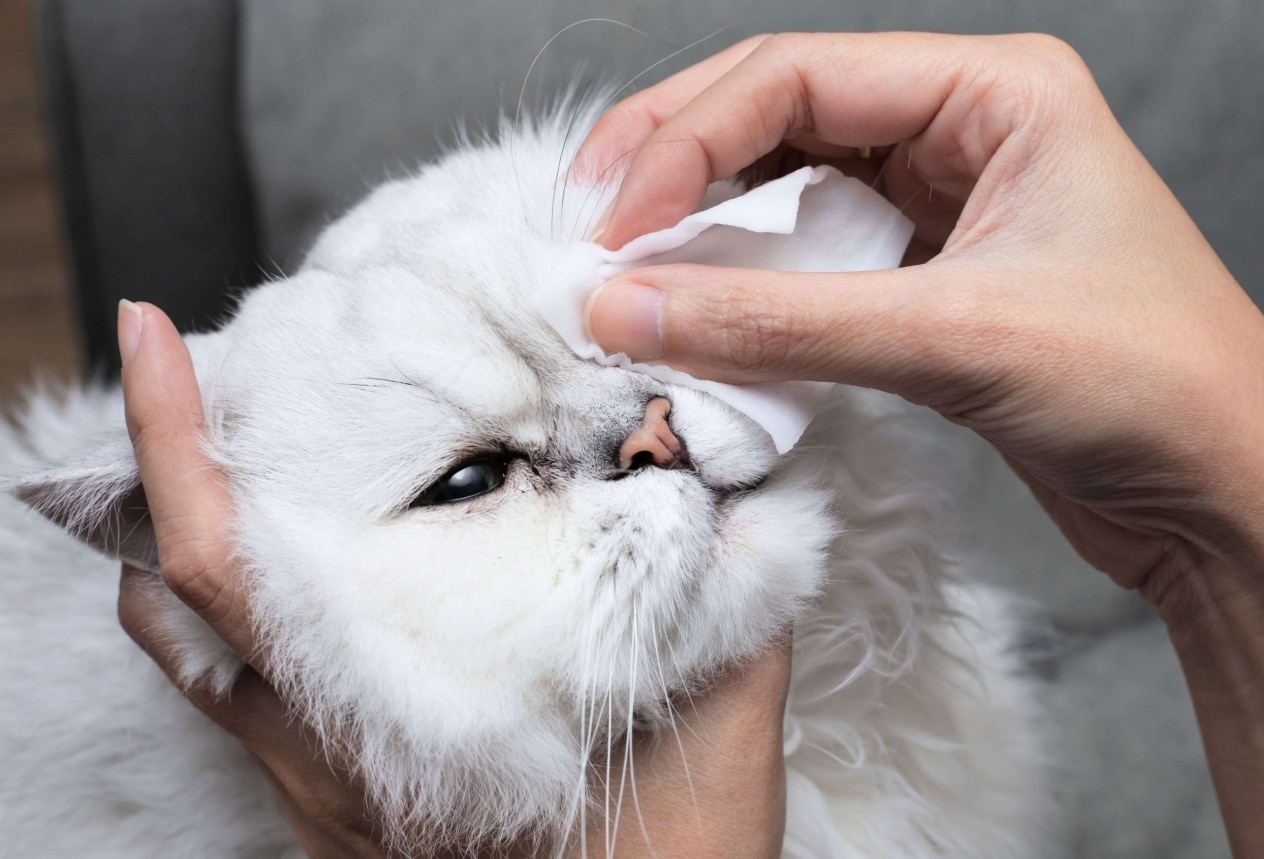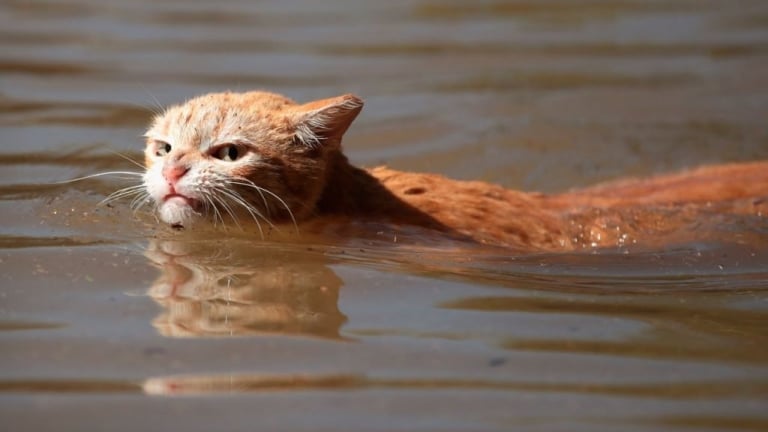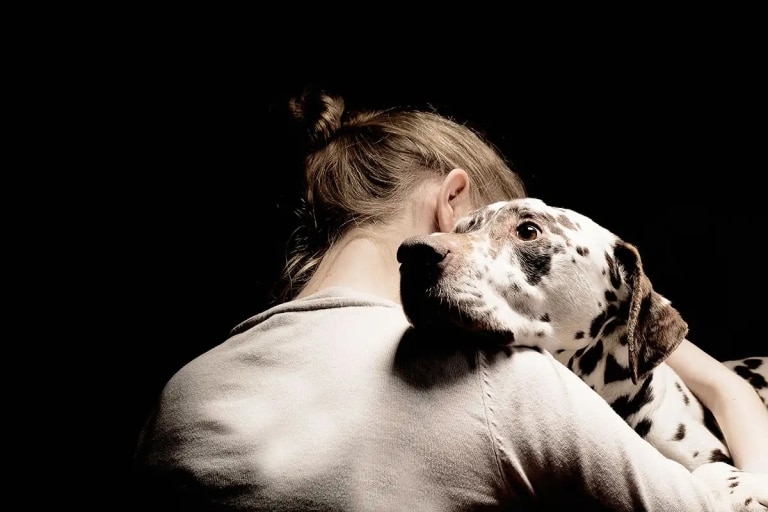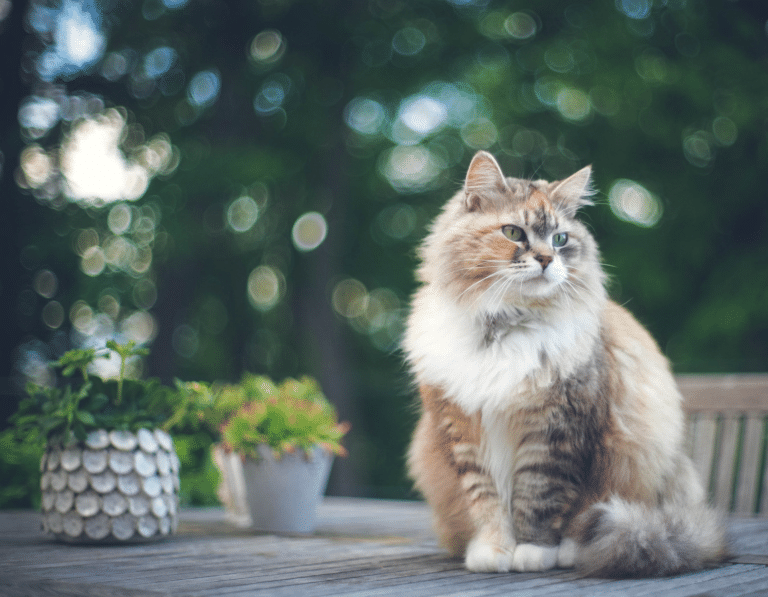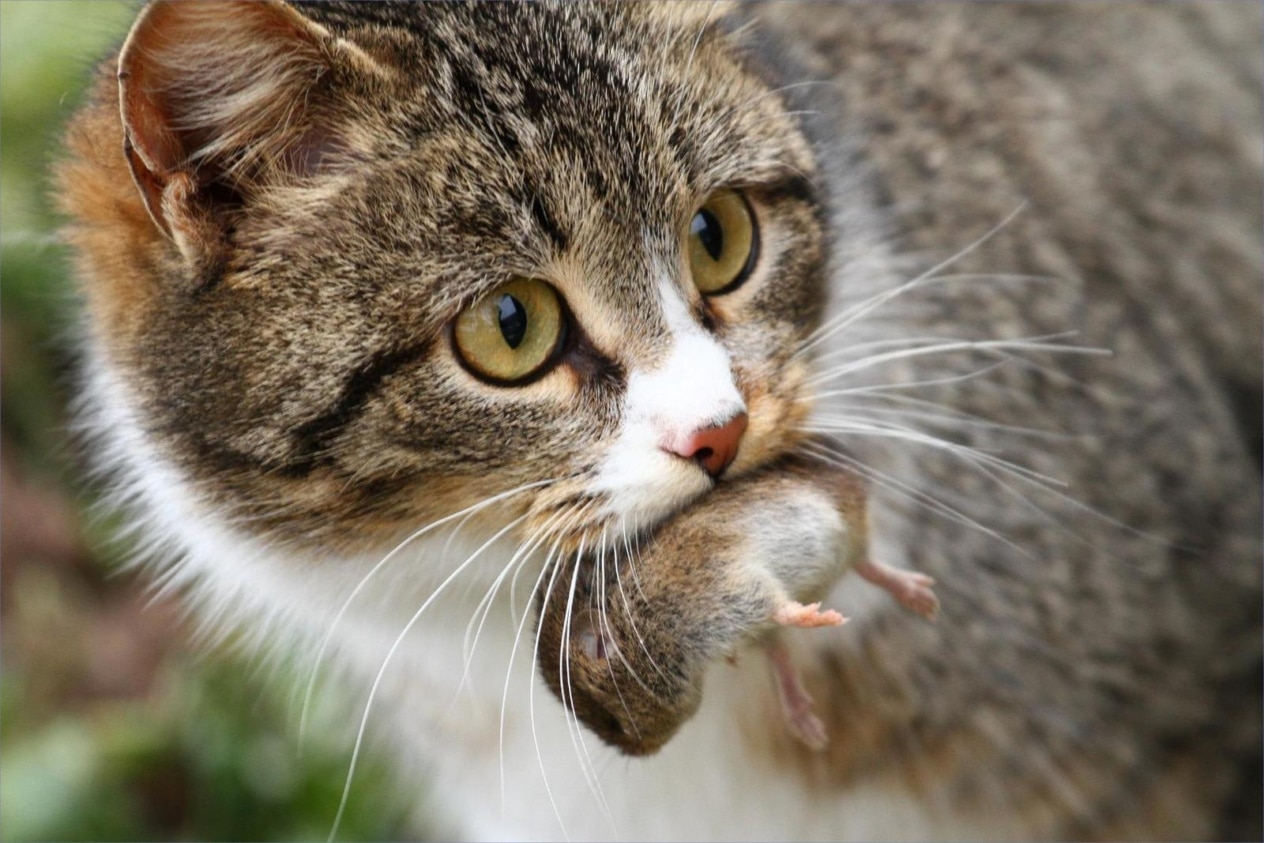
Cat owners are often faced with a strange and at the same time unpleasant behavior of their furry pets: bringing dead (or even alive) animals home. What could be worse than seeing a mouse, bird or even bigger prey on your carpet? For many, this causes horror and misunderstanding, and in some cases the situation is even more complicated if the victim has run away and now lives in the house. Why do cats do this and how can owners deal with this behavior?
The main reason for this phenomenon is the natural hunting instinct. Cats, even domestic ones, remain real predators. For them, hunting is not only a way to get food, but also to satisfy basic needs for movement and activity. Some cats bring prey as a gift to their owners, showing their care or simply “sharing” their success. For others, it’s a way to show off their skills. At the same time, such behavior can create considerable problems, such as contamination of the house, the risk of the spread of parasites, or even unwanted “guests” among the surviving victims.
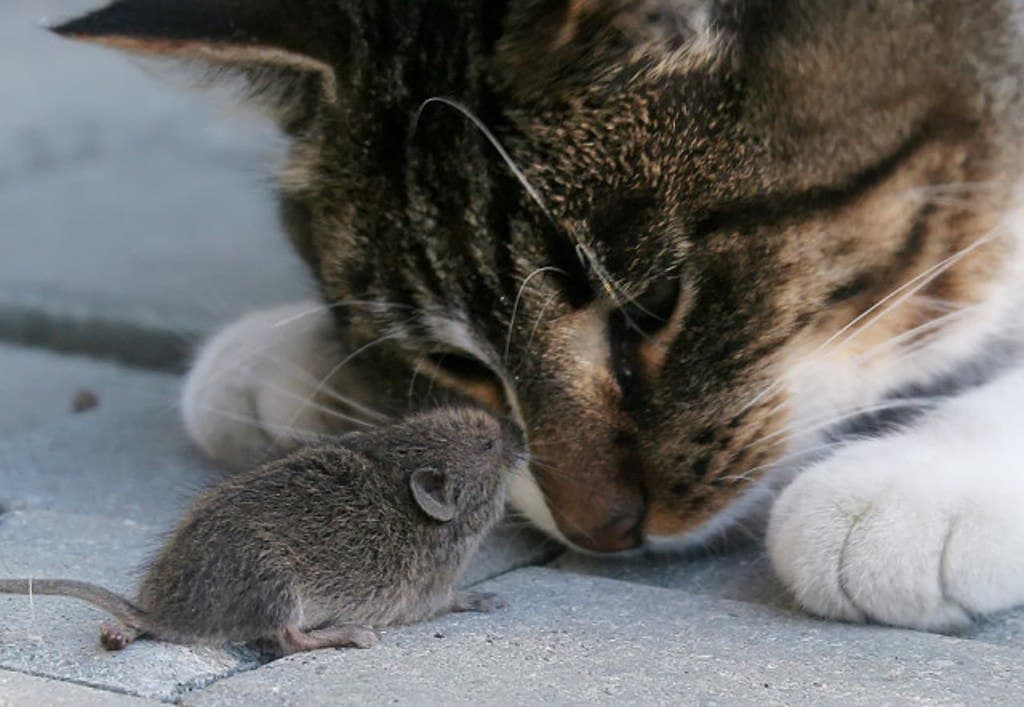

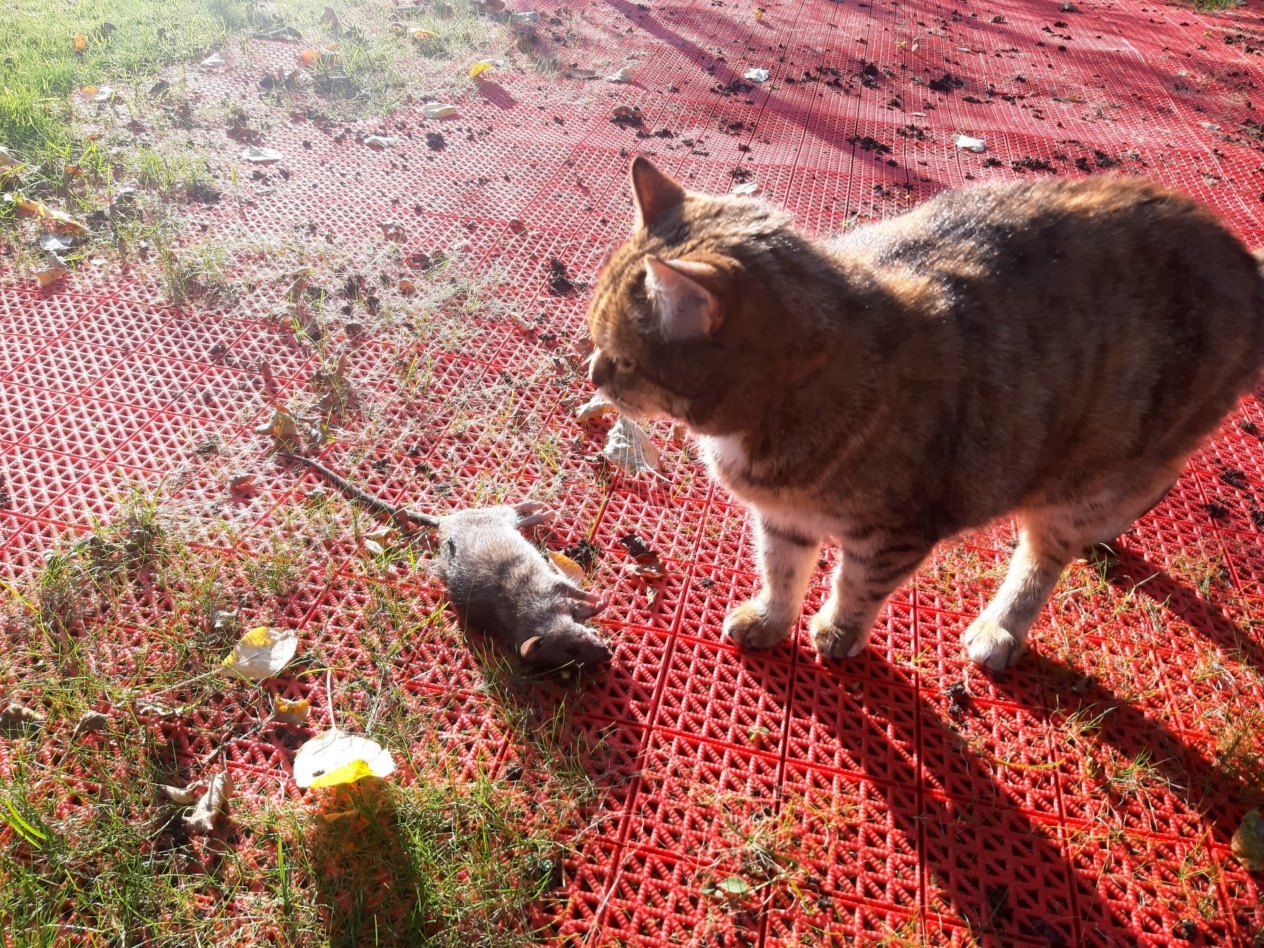
How to prevent animals from being brought home?
Redirect the cat’s energy
The main secret is to occupy the cat with other activities. Provide him with interesting toys that simulate hunting, such as mice on ropes or laser pointers. Play with him regularly to drain his energy and satisfy his hunter instinct. Such activities will help the cat feel fulfilled without harming real animals.
Limit access to the street
Cats that walk outside often return home with prey. If your Pet has already brought a dead or alive animal, do not let him out for walks for some time. This will help break the habit and allow you to control his behavior. Ideally, you should transfer the cat to a home regime, especially if you live in a private house.
Keep order in the yard
If you live in a private house, it is important to pay attention to the condition of the yard. Avoid conditions that may attract rodents or other small animals. Clean up trash on time, don’t leave food for other animals out in the open, and get rid of bird feeders. This will make it less likely that your cat will find prey near the house.
Bell on the collar
To make it difficult for the cat to hunt the victim, you can attach a bell to the collar. Its sound will warn small animals and birds about the approach of a predator. Although this does not always work perfectly, as cats are extremely cunning and fast hunters, it significantly reduces the number of successful hunts.
Cat health care
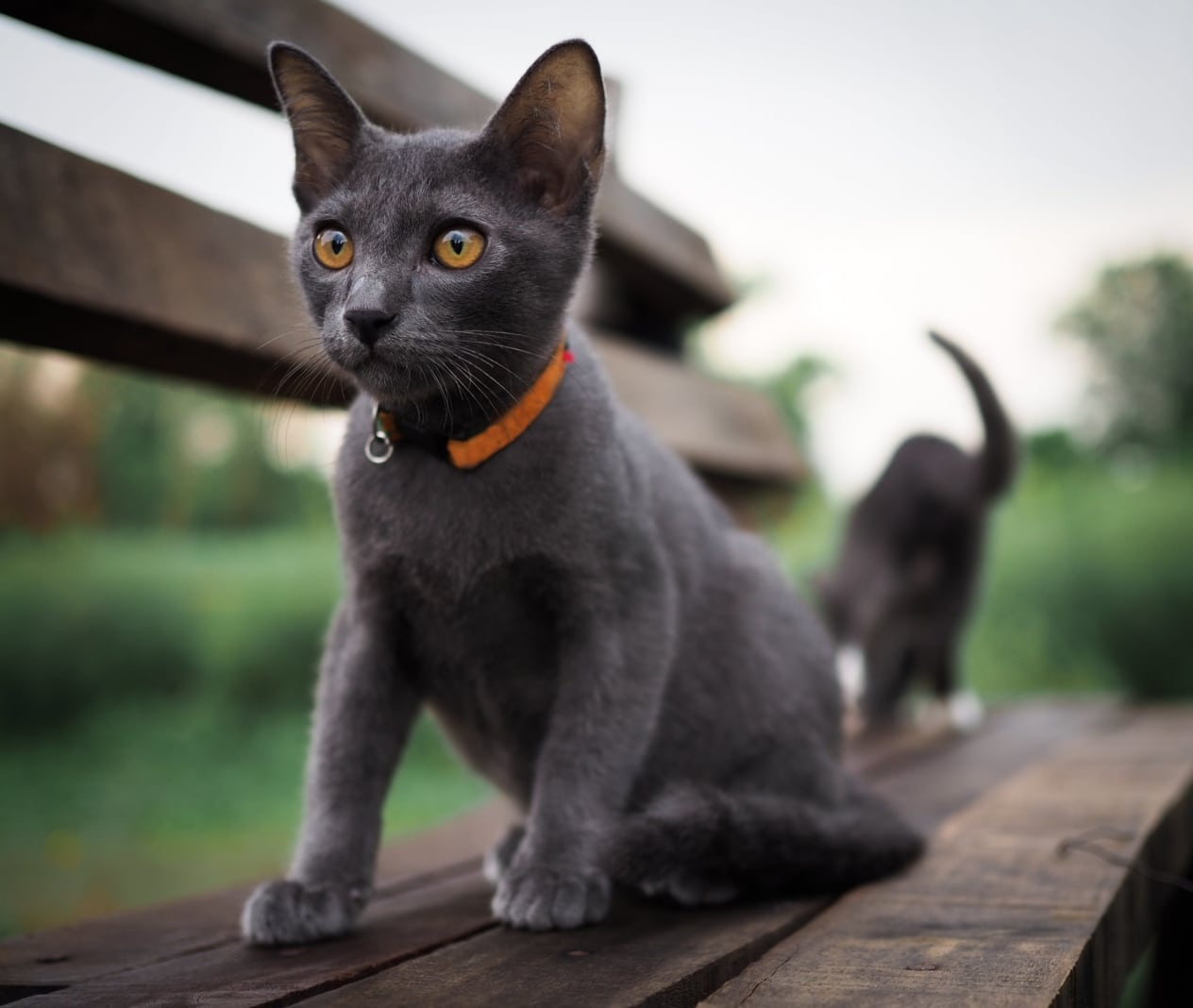
Hunting for small animals carries health risks for your pet. Mice, birds and other animals can be carriers of parasites – worms, fleas or even infectious diseases. Therefore, it is important to regularly carry out prevention:
- Flea treatment – use drops, sprays or special collars. Do this according to the recommendations of the veterinarian.
- Deworming – Give your cat a dewormer every three months, especially if he is outdoors a lot.
- A regular check – up with a veterinarian will allow you to detect possible problems in the early stages.
- Hygiene – wash the cat’s paws thoroughly after walks and periodically check its fur for ticks.
Conclusion
Fetching dead animals is a natural cat behavior that can upset or annoy owners. However, there are effective ways to prevent this by channeling the Tail’s energy into a peaceful channel. Provide the cat with a sufficient number of games, limit its walks, monitor the cleanliness around the house and do not forget about regular care of its health. In this way, you will make life with your furry pet comfortable and safe.
